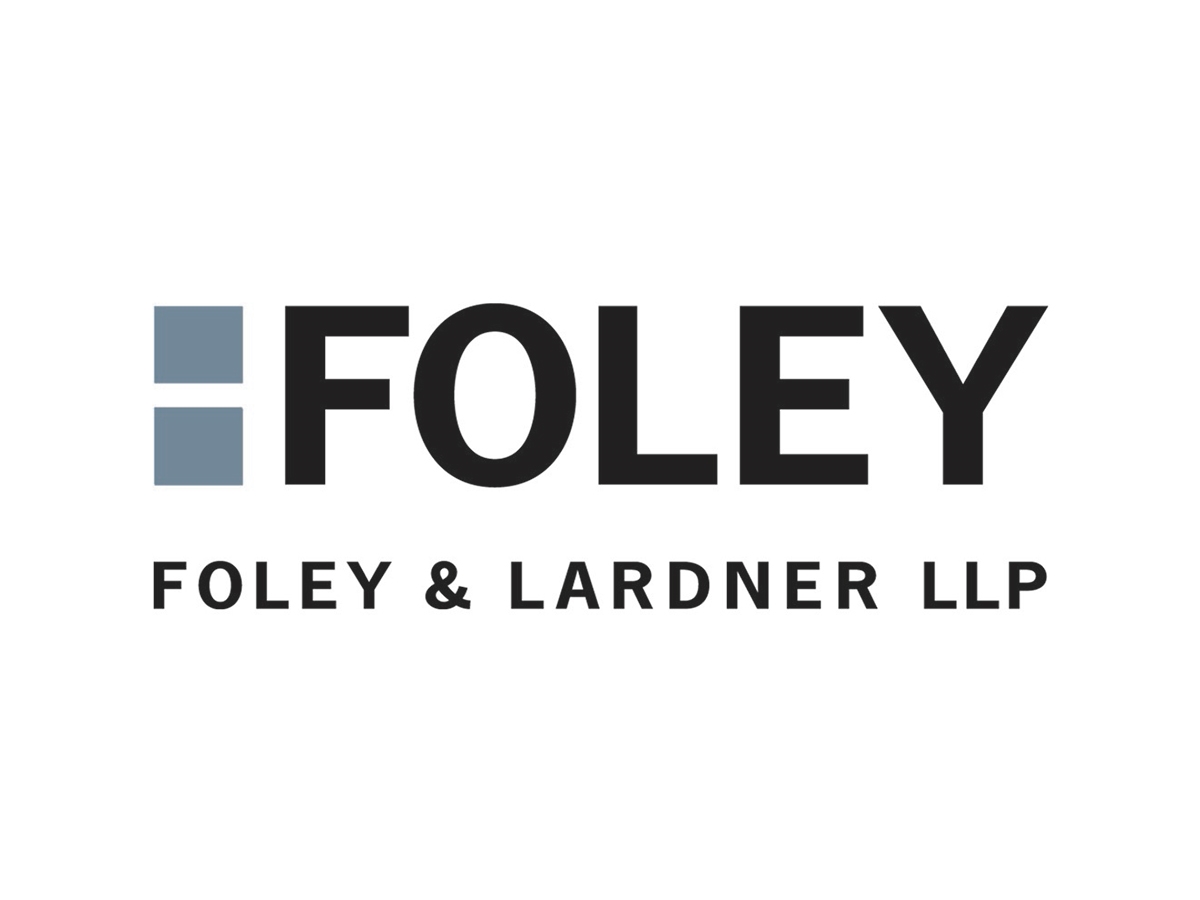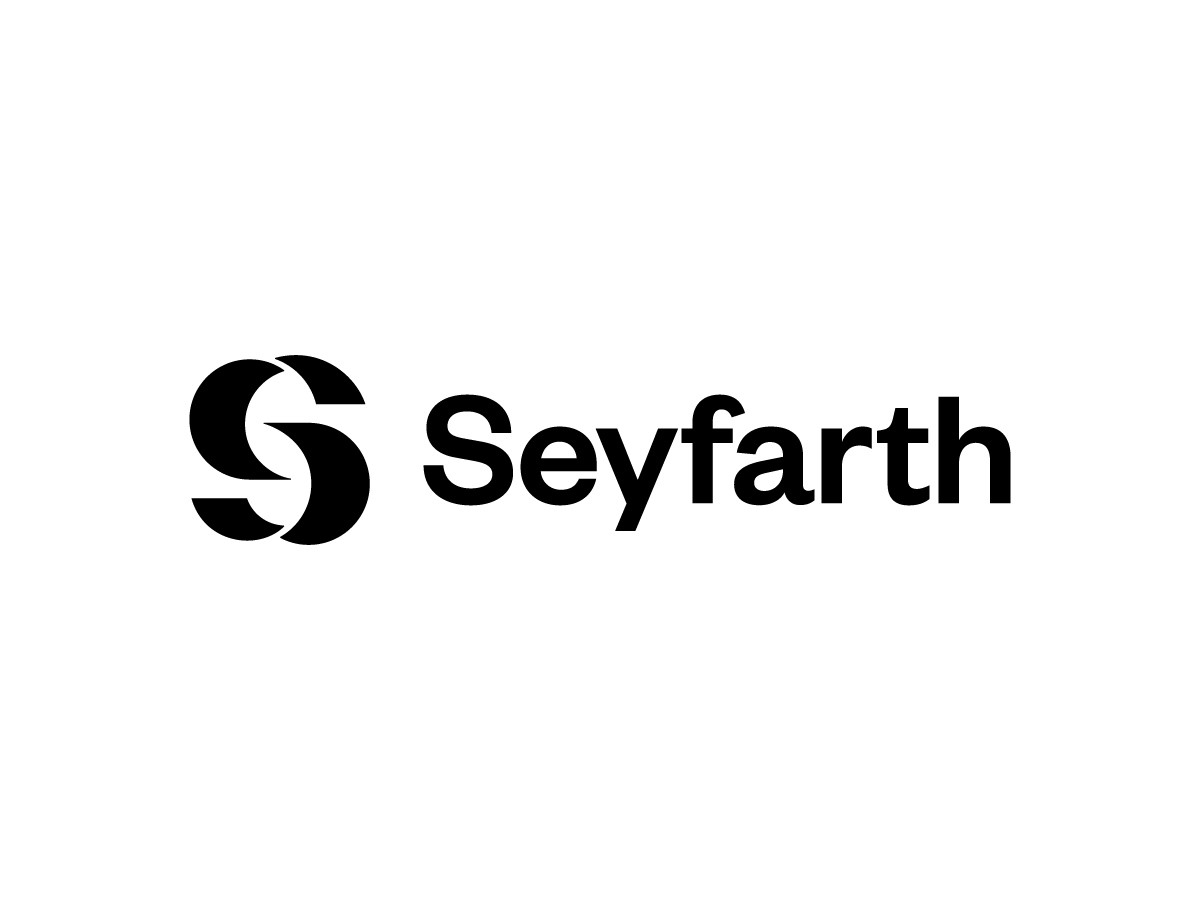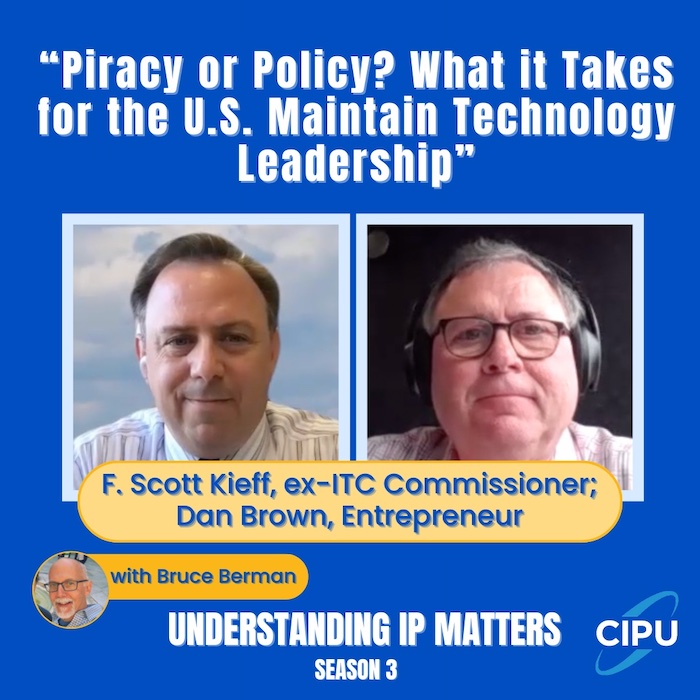Brand Selection Primer for Emerging Healthy F&B Companies | Foley & Lardner LLP
Branding is critical for emerging companies in the healthy food and beverage (“F&B”) space. Strong brands can help companies stand out from competitors and build trust and loyalty with customers. For emerging companies, a strong brand is a significant asset that will undoubtedly help attract investors.
Companies face many decisions when developing a brand identity but the first and most important decision is choosing the name of the product. F&B companies must choose a name that is distinctive enough to warrant trademark protection, different enough from existing brands that the company is not likely to be sued for trademark infringement, and catchy enough that it will resonate with the target consumers. This article focuses on the first consideration: choosing a name that is distinctive enough to be protected as a trademark.
What does it mean to be “distinctive”?
A company can only obtain exclusive rights in “distinctive” brands. The distinctiveness of a brand is measured by how closely the brand describes a feature or characteristic of the goods and services offered. Take the word “apple,” for example. “Apple” is not at all distinctive for fruit stand services because it immediately describes a feature of the services, namely, that the stand sells apples. On the other hand, the word “apple” does not describe any feature or characteristic of consumer electronics. It is therefore highly distinctive for these types of goods.
There are five classifications of distinctiveness:
- Generic Words – A generic word is the common name of a product. For example, ”smoothie” is the generic word for a drink made from a blend of whole foods. Generic terms are never protectable as trademarks for the products they signify.
- Descriptive Marks – A descriptive mark is one that describes a product or its ingredient, quality, characteristic, function, or purpose. For example, “HEALTHY NUTS” would be considered a descriptive mark for almonds. Generally speaking, descriptive terms are not eligible for trademark protection. However, through extensive advertising and long-term use, descriptive marks may come to be associated with a single company or source. These marks are said to have “acquired distinctiveness” and are eligible for exclusive rights. For example, even though VITAMINWATER is descriptive of vitamin-enhanced water products, it has acquired distinctiveness and is now protectable as a trademark.
- Suggestive Marks – A suggestive mark hints at the nature of the product without actually describing it. OATLY is a suggestive mark for oat-based food and beverage products and BEYOND MEAT is a suggestive mark for plant-based meat substitutes. Suggestive marks require consumers to connect the dots between the mark and the product. Suggestive marks are considered inherently distinctive, and thus, owners can prevent other parties from using identical or similar marks for related goods.
- Arbitrary Marks – An arbitrary mark consists of a word or words that have a common meaning; however, that meaning is not related to the product itself. For example, KIND is an arbitrary mark for granola bars and SPINDRIFT is an arbitrary mark for sparkling water. Arbitrary marks are considered highly distinctive and are granted a broad scope of protection.
- Fanciful or Coined Marks – A fanciful or coined mark is an invented word. For example, PEPSI is a made-up term that only has meaning when used in relation to beverage products and HAAGEN DAZS is coined term for ice cream products. Fanciful marks are considered the most distinctive and receive the highest level of protection.
Healthy F&B companies should consider where their potential brand names fall on this spectrum of distinctiveness and whenever possible, aim to select marks that are “suggestive,” “arbitrary” or “fanciful.” Although arbitrary and coined marks require a bigger marketing and advertising push, the pay-off can be worth the effort.
Potential Pitfalls
In addition to the distinctiveness challenge, companies should be mindful of the following pitfalls that commonly arise in the healthy F&B industry.
- Geographically Descriptive Terms – Marks that identify geographic locations may be difficult to protect or register, especially if the mark consists of the location where the products originate. For example, MAINE BLUEBERRIES would not be eligible for trademark protection for blueberries grown in Maine.
- Geographic Indications – Geographic indications are terms that are reserved for products produced in a certain region. Examples of geographic indications include “Champagne” for wines produced from grapes grown in, harvested, and made into wine within the Champagne region of France and “Bashkir” for honey produced by a Burzyan honey bees unique to the Republic of Bashkortostan. F&B companies should be careful not to use geographic indications if their products do meet the specific requirements to do so.
- Misdescriptive Language – The United States Patent and Trademark Office will not register marks that are likely to mislead consumers. Therefore, companies should avoid using language that is factually inaccurate. For example, BANANA-RAMA for bakery products that do not contain bananas would be considered factually inaccurate and ineligible for protection.
- Laudatory Terms – Finally, laudatory terms — like “best” or “super” — that describe a positive quality of the goods or services are not eligible for trademark protection. Accordingly, companies should carefully consider using building a brand around these types of terms.
Next Steps
After a company has identified one or more potential brand names, it is best practice to engage legal counsel to conduct a trademark clearance search. Clearance searches can help companies determine if a mark is distinctive enough for exclusive use and evaluate other considerations such as potential conflicts with third parties.
After selecting a strong brand, emerging companies will need to engage in consistent, strategic marketing to build goodwill in their brand. Doing so will help emerging companies engage and retain customers, differentiate themselves from competitors, and attract investors. Social media marketing can be an effective way for a brand to connect authentically with its target audience.
[View source.]






